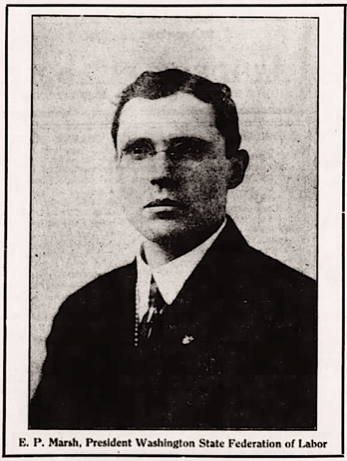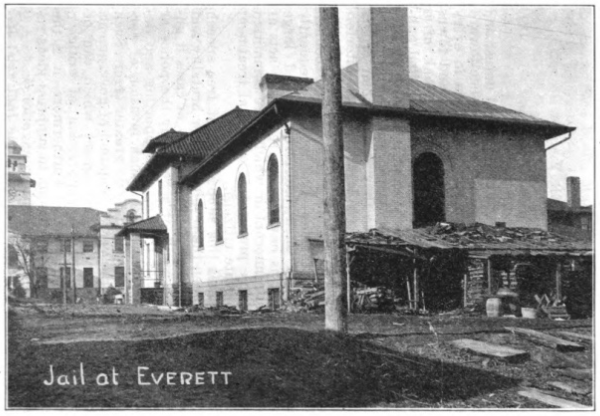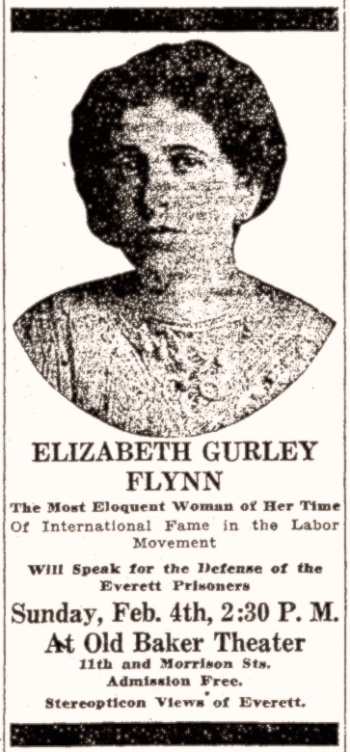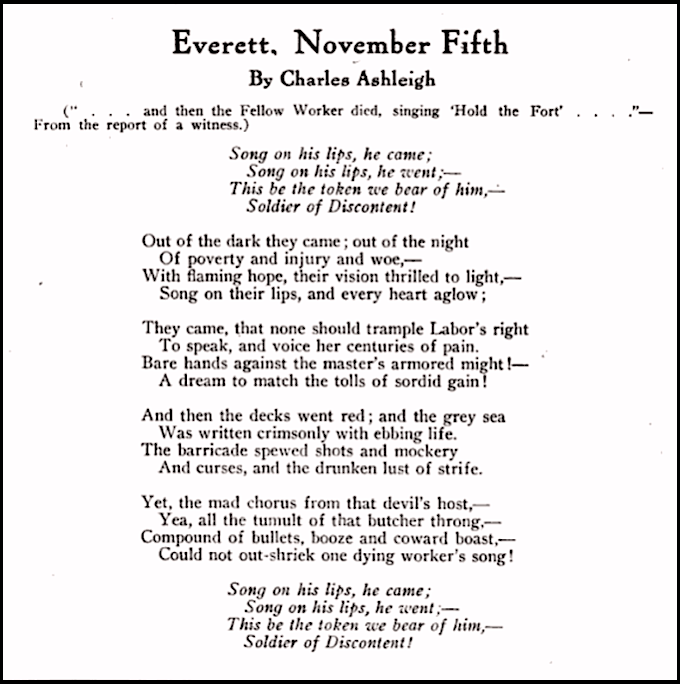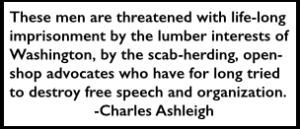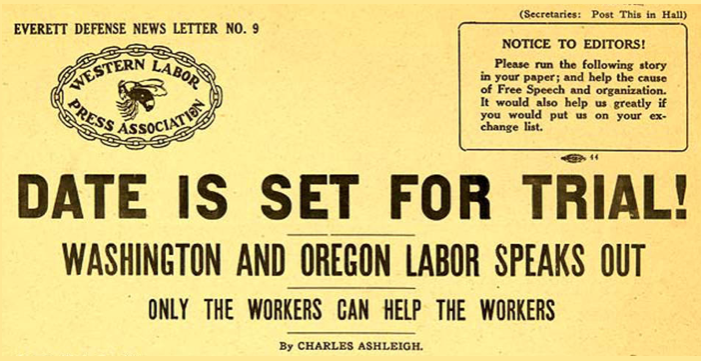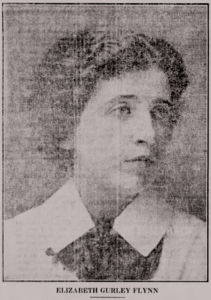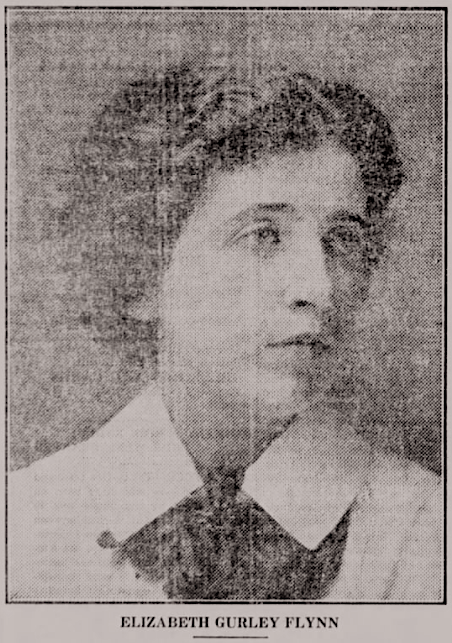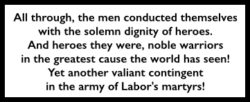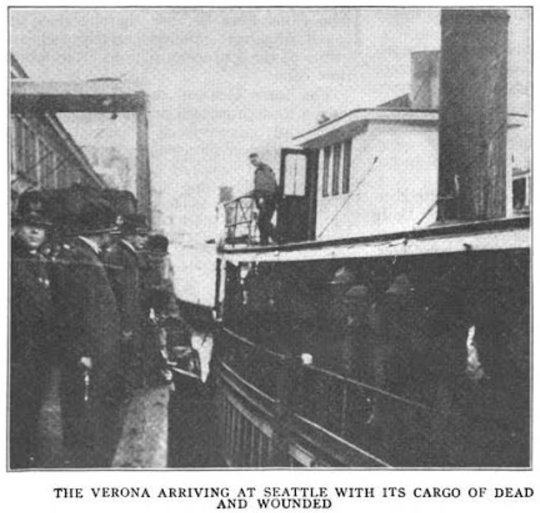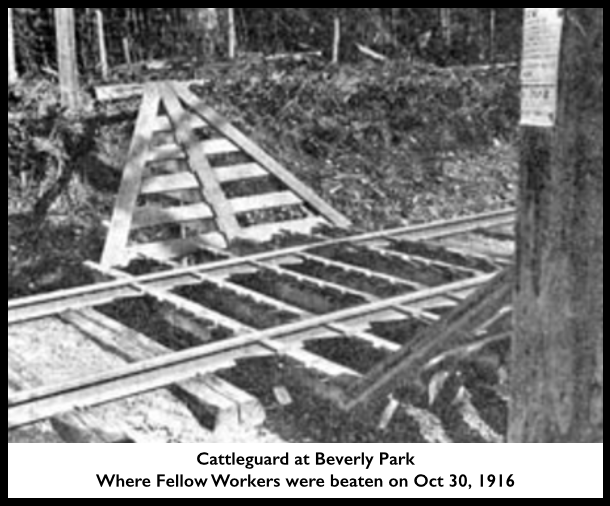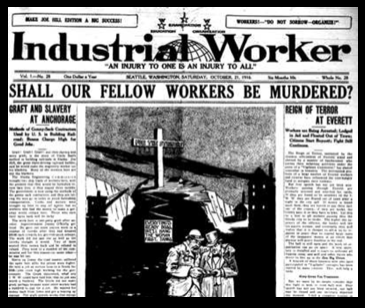You ought to be out raising hell.
This is the fighting age.
Put on your fighting clothes.
-Mother Jones
~~~~~~~~~~~~~~~~~~~~~~~~~~~~~~~~~~~~~~~~~~~~~
Hellraisers Journal, Friday February 16, 1917
From Everett Labor Journal: Report on Industrial Warfare, Part II
Over a period of three weeks, from January 26th to February 9th, The Labor Journal of Everett, Washington, published the “Report on Everett’s Industrial Warfare,” by E. P. Marsh, President of the Washington State Federation of Labor, which report he had delivered on the first day of that bodies annual convention, Monday January 22, 1917. Hellraisers Journal republished Part I of that report yesterday; we offer Part II today, and we will concluded the series with Part III of the report tomorrow.
EVERETT’S INDUSTRIAL WARFARE, PART II
EVERETT’S INDUSTRIAL WARFARE;
REPORT OF PRESIDENT E. P. MARSH
Activity of the Everett Commercial Club.
I wish it were possible with a short homily to end the story here, for the sorriest part of it now begins. It is to be expected that when two men are in a fist fight, the bystander will at least keep his hands off, or, when one has been terribly beaten, insist that the fight end and the men patch up their differences. The business interests of the city were the bystanders in this struggle, but by no means “innocent.” They had every right to say to the contending parties: “You fellows have fought long enough; why don’t you quit, find out what it is all about, and see if you can’t be good friends again?”
The business interests were suffering keenly because of this struggle. The strikers [striking Shingle Weavers of Everett] were living on short rations, little money to spend for groceries, meat and shoes. The strikebreakers were being housed on mill property, fed from a commissary, spending none of their money with Everett merchants. If the Commercial Club members had a right to take a hand in the proceedings, and naturally they felt they had, for they were being hurt, it was their bounden duty to honestly investigate the truth of the statements of the contending parties, approach the whole problem in a spirit of community good, offer conciliation and mediation to both contending parties. Now notice how they went about it.
Some months previously the Commercial Club had been reorganized on the bureau plan, the various activities of the business life of the city being chartered out and turned over to various bureaus. There was an advertising bureau, a transportation bureau, etc. It became a stock concern, stock memberships being issued in blocks to employers and business houses and some distributed among employers and their employes. What a field for an industrial bureau that would have kept in touch with the human side of the city’s industries, striven for industrial peace by studying the vexatious labor problem with an eye to helping along friendly relations between employers and their men. But there was no such bureau, at least not equipped to function in the social relationship of industry. Mistake No. 1 of the Commercial Club.


